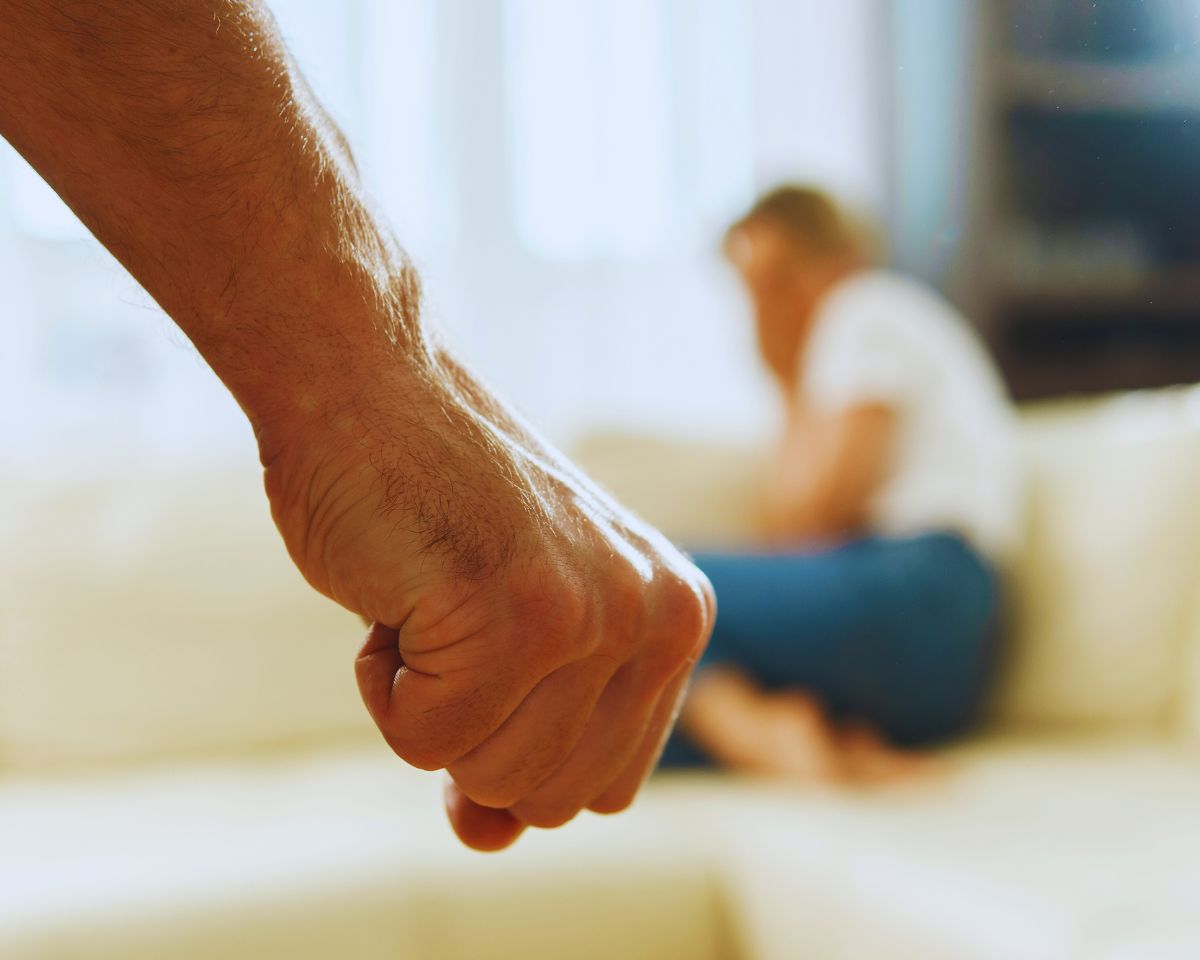When people think of the consequences of a domestic violence charge, they usually focus on the legal penalties — jail time, fines, restraining orders. But for professionals who rely on state licenses to work, there’s much more at stake. A domestic violence allegation can threaten your career, your professional reputation, and even your ability to earn a living.
Whether you’re a nurse, teacher, real estate agent, lawyer, doctor, or any licensed professional, understanding how a charge can affect your career is critical — and acting quickly is key to protecting your future.
What Is Considered a “Professional License”?
A professional license is a state-issued certification that allows you to legally practice in a specialized field. Common examples include:
-
Medical licenses (doctors, nurses, therapists)
-
Legal licenses (attorneys, paralegals)
-
Teaching credentials
-
Real estate licenses
-
Contractor or trades licenses
-
Financial service licenses
-
Commercial driver’s licenses
These licenses are regulated by boards or commissions that uphold standards of conduct and ethics. Being arrested or charged with a crime — especially one involving violence — can trigger an investigation into your character and fitness to hold that license.
How Domestic Violence Charges Can Affect Your License
1. Mandatory Reporting Requirements
Many licensing boards require you to report any criminal charges — not just convictions. Failing to disclose a domestic violence arrest may lead to disciplinary action, even if you are later found not guilty.
2. Board Investigations and Disciplinary Actions
Even if the criminal case hasn’t concluded, your licensing board may launch a separate investigation. They often don’t need a conviction to take action. If they believe the charges reflect poor judgment or misconduct, they may:
-
Place your license on probation
-
Suspend your license temporarily
-
Revoke your license altogether
-
Require anger management, counseling, or ethics courses
These outcomes can devastate your career, and in many cases, they happen long before your criminal case is resolved.
3. Impact on Employment Opportunities
Even if your license isn’t immediately revoked, your employer may place you on administrative leave or terminate your employment. Employers in regulated fields often take swift action to protect their liability and reputation.
Some jobs require background checks at regular intervals. A pending charge could cause you to lose security clearances or certifications essential to your role.
Conviction vs. Allegation: Does It Matter?
Absolutely — but even an allegation can be damaging. While a conviction carries heavier legal consequences, licensing boards are typically allowed to act on allegations, especially when:
-
The alleged incident involves violence, intimidation, or harassment
-
The situation becomes public or garners media attention
-
The profession involves vulnerable populations (e.g., children, patients, clients)
In other words, being found “not guilty” doesn’t always protect your license.
State Variations in Licensing Rules
Each state has its own licensing boards and professional conduct rules. For instance:
-
In Texas, the Board of Nursing can discipline a licensee even if charges are dismissed, under their rules for “conduct unbecoming of a nurse.”
-
In California, the Department of Real Estate may deny, suspend, or revoke licenses for any crime “substantially related to the duties of the profession.”
-
In Georgia, the Professional Standards Commission may investigate educators based on reports of criminal misconduct, regardless of conviction status.
Knowing the specific rules of your state is critical. If you’re in the Southwest region — including Arizona, New Mexico, Texas, or California — having a legal team familiar with those state boards is crucial.
How to Protect Your License and Career
If you’re facing domestic violence allegations and hold a professional license, take the following steps immediately:
1. Hire an Experienced Criminal Defense Attorney
Choose a lawyer who not only defends you in criminal court but also understands professional licensing defense. These are two different systems — you need someone who knows how to navigate both.
2. Notify Your Licensing Board (If Required)
Check the reporting requirements for your board. Some require reporting within days of an arrest, not just a conviction. Be proactive but strategic — a legal advisor can help craft the right disclosure.
3. Begin Preparing a Defense
Whether in court or before your licensing board, you’ll need evidence, witnesses, and possibly a character statement. Don’t wait until charges are filed or a hearing is scheduled.
4. Take Rehabilitative Steps (Voluntarily)
Participating in counseling, therapy, or anger management — even before it’s ordered — can show the board you’re taking responsibility and trying to improve.
Conclusion
Domestic violence charges are serious — not just for your freedom, but for your career. You’ve worked hard for your license, your education, and your reputation. Don’t let one accusation take it all away. Even if the situation feels overwhelming, the right legal guidance can make a major difference in both your criminal case and your ability to keep practicing your profession.
Call to Action
If you’re a licensed professional facing domestic violence allegations, Southwest Legal is here to help. Our experienced criminal defense attorneys understand the criminal justice system and we’re ready to fight for your future. Call us today for a free consultation





